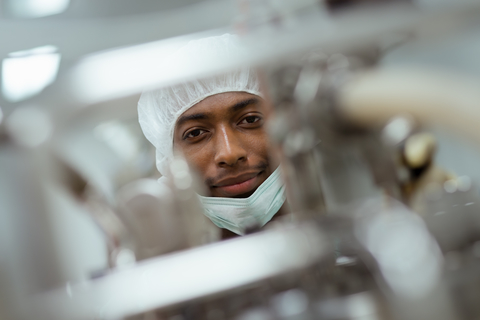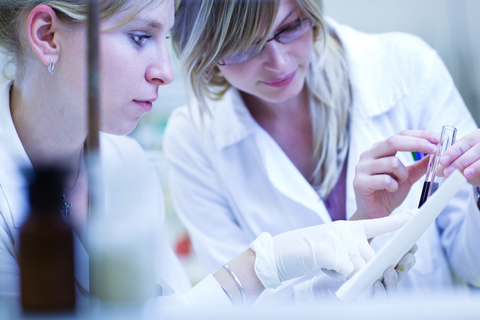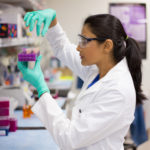
University of Liverpool to coordinate £14m drug safety research project
The University of Liverpool is to co-ordinate a new £14m European research project which aims to improve the understanding of adverse drug reactions by using cutting-edge modelling approaches to drug safety (University of Liverpool, 2017). Adverse drug reactions (ADRs) are the unwanted side effects of medication. They can contribute significantly to patient morbidity, mortality and … Continue reading University of Liverpool to coordinate £14m drug safety research project

Research agreement could prevent cervical cancer in millions of women
The University of Manchester has, through its Innovation Company (UMI3), signed a licensing and research agreement with Douglas Pharmaceuticals that could save the lives of millions of women around the world suffering from early stage cervical cancer (University of Manchester, 2017). The deal initially sees New Zealand-based Douglas Pharmaceuticals sponsor research at Manchester University to … Continue reading Research agreement could prevent cervical cancer in millions of women

£2.3m BHF Cymru research hosted by Swansea University Medical School
A British Heart Foundation Cymru funded research team led by Professor Alan Williams will be based at Swansea University Medical School from this month (Swansea University, 2017). Swansea University Medical School will offer the opportunity for Alan Williams and his team to continue their unprecedented research in Wales with £2.3m of investment from BHF, after … Continue reading £2.3m BHF Cymru research hosted by Swansea University Medical School

Introducing pig-human embryos and a rat-mouse
For the first time, biologists have succeeded in growing human stem cells in pig embryos (The New York Times, 2017). The approach involves generating stem cells from a patient’s skin, growing the desired new organ in a large animal like a pig, and then harvesting it for transplant into the patient’s body. Since the organ … Continue reading Introducing pig-human embryos and a rat-mouse
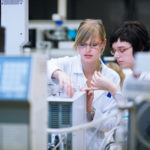
New exosuit fabric could boost mobility in people with disabilities
Knitting and weaving artificial muscles could help create soft exoskeletons that people with disabilities could wear under their clothes to help them walk, according to new research (Scientific American, 2017). Researchers at Linköping University in Sweden have created actuators, devices that convert energy into motion, from cellulose yarn coated with a polymer that reacts to … Continue reading New exosuit fabric could boost mobility in people with disabilities
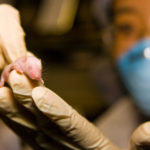
Gene-blocking therapy advances Alzheimer’s-like symptoms in mice
Targeting tangles of tau protein in mice with Alzheimer’s-like symptoms has reversed their brain damage, halting memory loss and extending their lives (New Scientist, 2017). Clumps of two types of sticky protein build up in the brains of people with Alzheimer’s disease; beta-amyloid plaques, and tangles of tau. While many attempts to develop drugs to … Continue reading Gene-blocking therapy advances Alzheimer’s-like symptoms in mice

AI system as good as experts at recognising skin cancers, say researchers
Computers can classify skin cancers as successfully as human experts, according to the latest research attempting to apply AI to health (The Guardian, 2017). Researchers at Stanford University said the new system, which is based on image recognition, could be developed for smartphones, increasing access to screening and providing a low-cost way to check whether … Continue reading AI system as good as experts at recognising skin cancers, say researchers

New approach could improve survival time for pancreatic cancer patients
A University of Liverpool-led clinical trial has shown that 29% of pancreatic cancer patients given a combination of two chemotherapy drugs lived for at least five years compared with 16% who received the one chemotherapy drug (University of Liverpool, 2017). The latest Cancer Research UK figures show that around 9,400 people are diagnosed with pancreatic … Continue reading New approach could improve survival time for pancreatic cancer patients
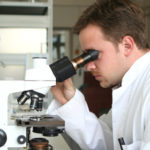
New drug cocktail unlocks potential of new Leukaemia treatment
A new combination of drugs tested by University of Manchester scientists has significantly enhanced the survival of laboratory mice with lymphoma (University of Manchester, 2017). According to the team, the effect of Obinutuzumab, a first-line treatment for non-Hodgkin lymphoma and leukaemia, is significantly enhanced when combined with drugs that stimulate the immune system. The research … Continue reading New drug cocktail unlocks potential of new Leukaemia treatment

Researchers develop software which measures working memory in a more accessible way
A new app developed by the University of Bristol, which provides an accessible measure of working memory, the ability to hold, manipulate and process information for short periods has been showcased on Channel 4 (University of Bristol, 2017). The n-back app, created by researchers at Bristol University’s School of Experimental Psychology and the MRC’s Integrative … Continue reading Researchers develop software which measures working memory in a more accessible way







